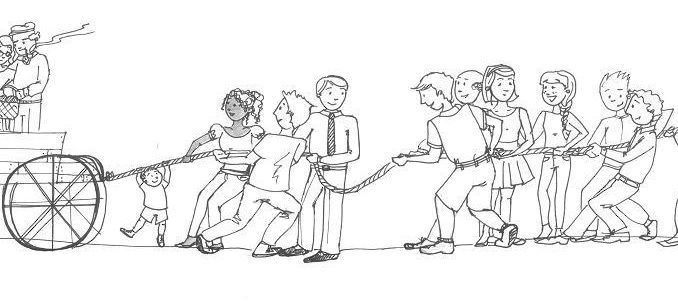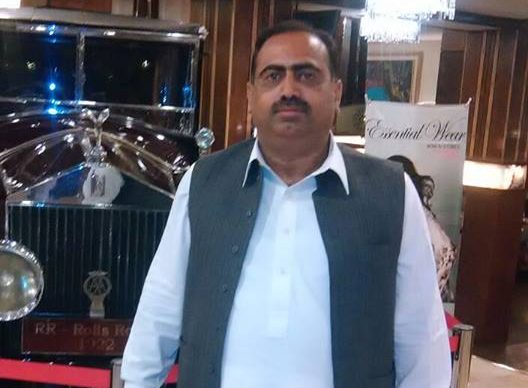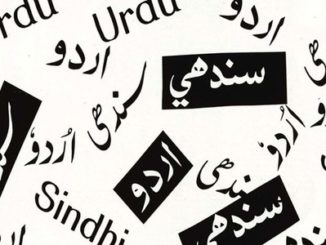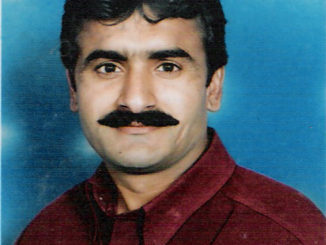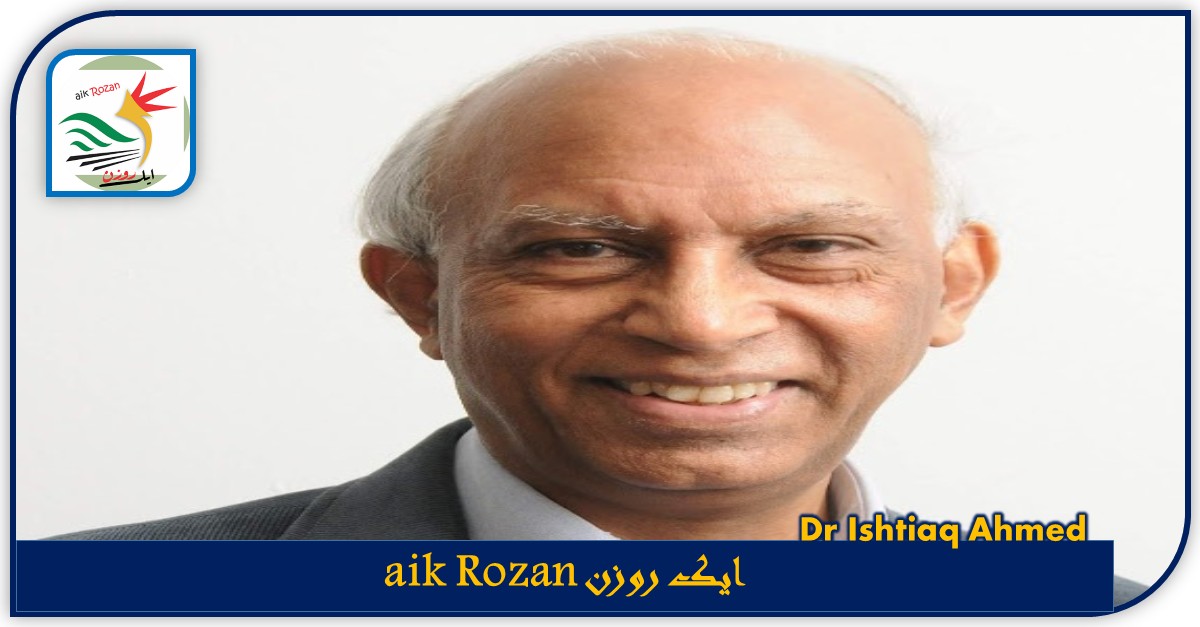
The Idea of State
by, Dr Ishtiaq Ahmed
Three main theories of the State can be identified under which can be subsumed all variations of the State:
1. The Liberal State: A State is created by the free will of individuals who want to achieve those ends which they cannot individually realize. Government is the authority created by the consent of people to ensure security (Hobbes), to secure property and resolve disputes (Locke) and to directly make decisions for the whole community (Rousseau). The basic idea is that the State is created to serve individuals and not the other way round.
The Ideal State: From Plato onward this idea has fascinated both Left and Right wing writers and one can say that its most accomplished theorist was Hegel. For him the State represents the highest good. It was over and above the interests of individuals and groups.
3. The Partisan State: This view can be associated with Marx, Engels, Lenin and others who thought the State could not be neutral as the liberals had argued for the embodiment of the Highest Good as Hegel had theorized. The State was simply the instrument of the Ruling Class.
My own understanding is that the modern, democratic State is a mix of all three. It validates its existence through periodic elections, but it is now responsible for welfare and the Highest Good. Even in the United States, which is the most liberal type of State welfares, is an important duty of the State and so the Hegelian idea of the Highest Good in one way or another is now part of the State system.
However, the State is no doubt always dominated by people of wealth or status. Even the Soviet Union which was declared the first State of workers ultimately became a bureaucratic State dominated by the Politburo. So the modern democratic secular State does have inbuilt mechanisms to serve the interests of the powerful and privileged.
With regard to the State in the developing countries, or the Third World I would say it, does not represent some internal evolution of society. If we confine ourselves to the Indian Subcontinent we can say that the State derives its characteristics from the Colonial Intervention. After British Colonialism departed the local elites took over. They were trained in Western legalism and parliamentarism. Even Jinnah was a product of that training.
Maybe interesting for you: 1. Theory of Rights, ancient, medieval, modern, contemporary
2. Rights Theory – II : Individual rights, human rights, women’s rights, minority rights, group rights
3. Freedom of speech and its detractors
The State in 1947 was a modernizing entity presiding over a society too complex, too divisive because of caste, biradari, religion, sect and cults. No other region is so religion-intoxicated and thus given in to delusions than the Indian subcontinent.In India Nehru and his secular colleagues did manage to establish a secular democratic State which has been successful in periodic, free and fair elections. However, democracy in India has given power to caste groups and religious fanatics and so on. Massive inequality still prevails in India.
Pakistan as an idea was a return to Islamic idealism rather than a step forward to secular democracy. Ideal States become utopias and utopias always end up as their direct opposite: dystopias. The Deep State claims to represent the Highest Good, but in fact it defines the Highest Good in terms of what is the highest good for its own interests. It is therefore a Partisan State claiming Hegelian aims and objectives. That is what I meant by both Left and Right views of the Ideal State. Pakistan is an example of that.
Bangladesh is another variation, but there too religion continues to be in conflict with secularism and the politicians seek revenge and are partisan to their own followers. Sri Lanka also has been a victim of ethnic nationalism combined with religious contradictions.
The Modern State has yet to take root in our region. India was the most successful experiment in that direction, but it too has suffered serious setbacks and stupid god-men and others have more following than serious leaders.
This was the argument I advanced in my book State, Nation and Ethnicity in Contemporary South Asia, 1996, 1998. It was published abroad and so was too expensive for our markets. Anyhow, I thought I could mention it here also.


